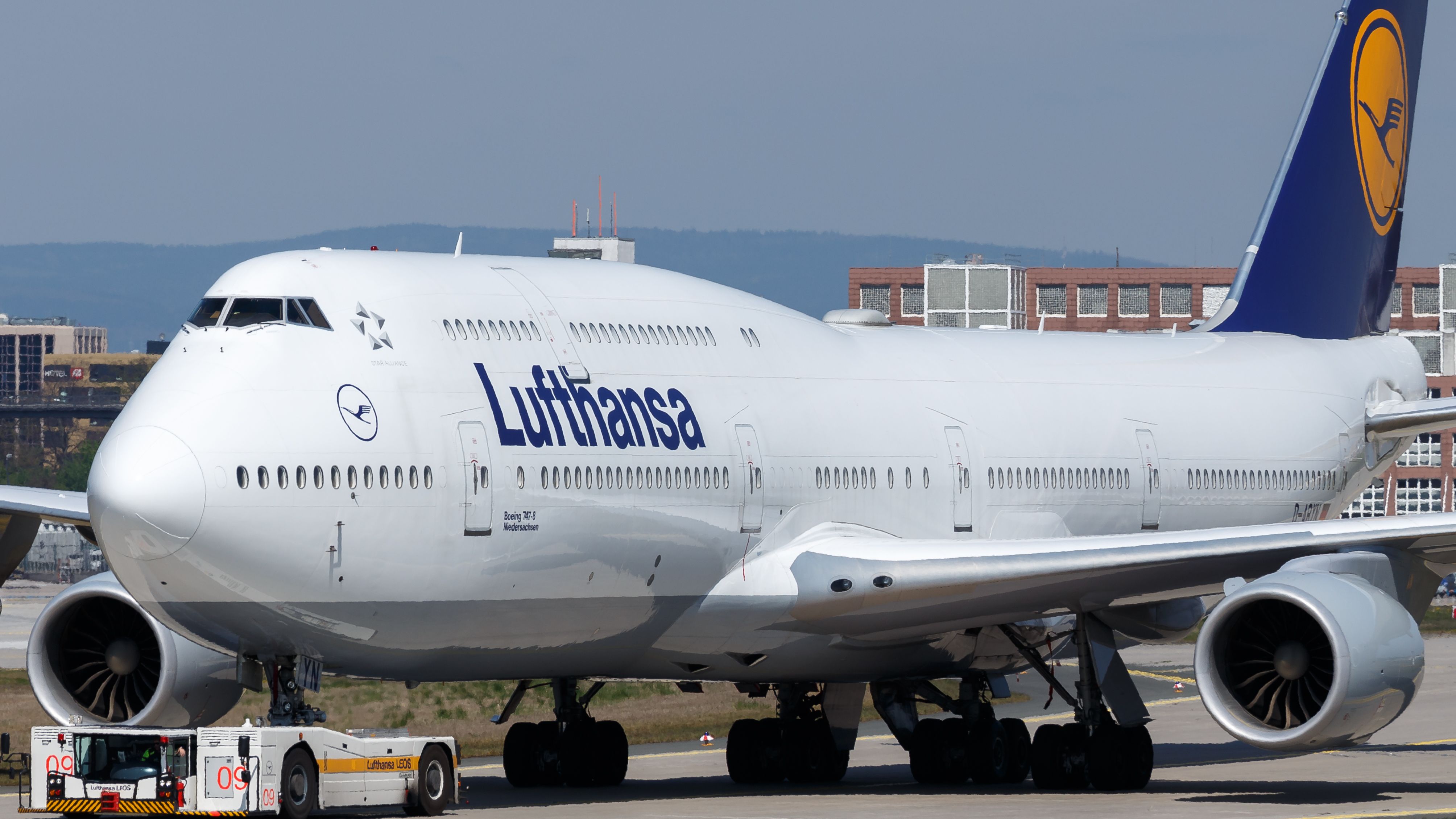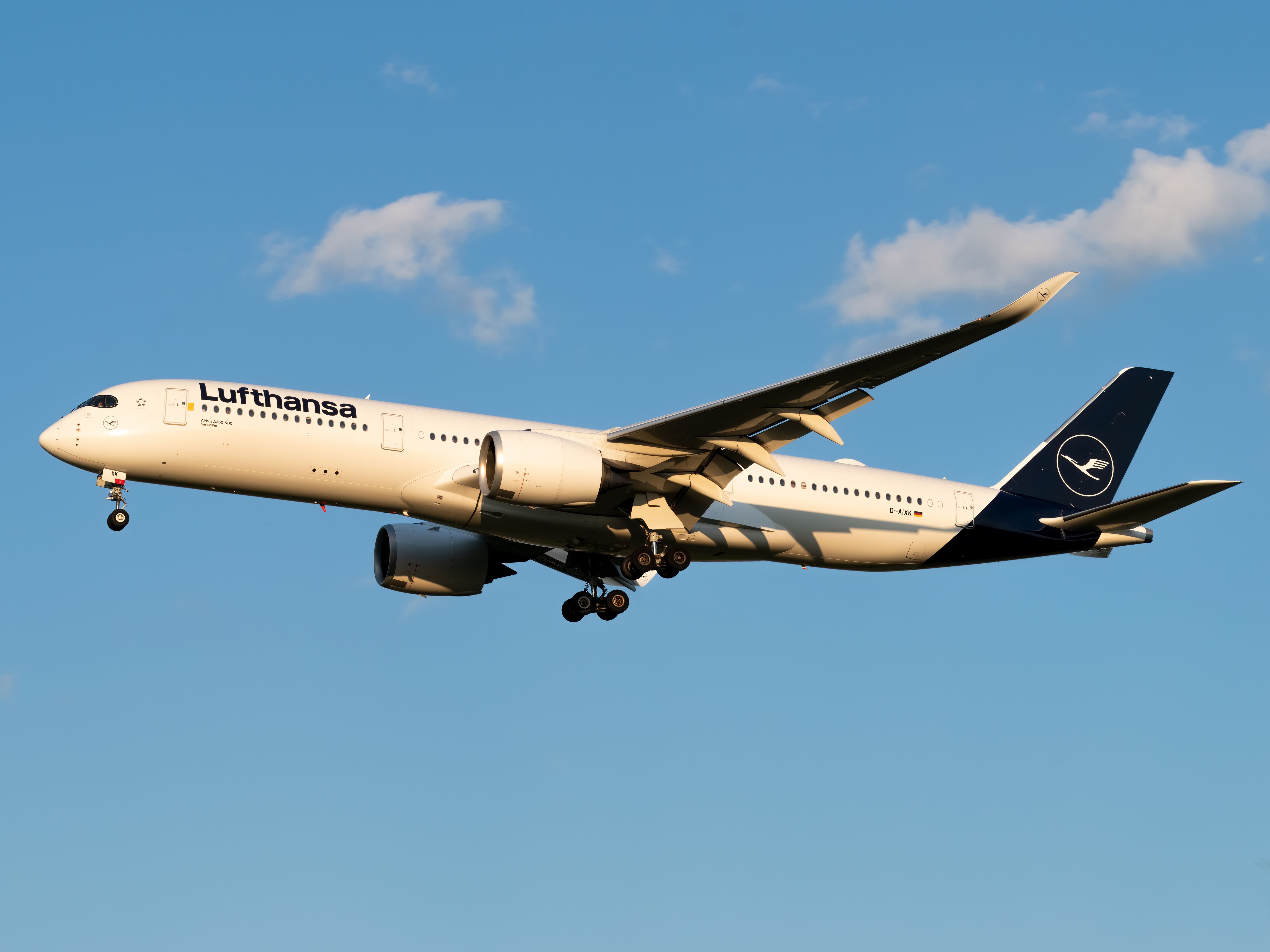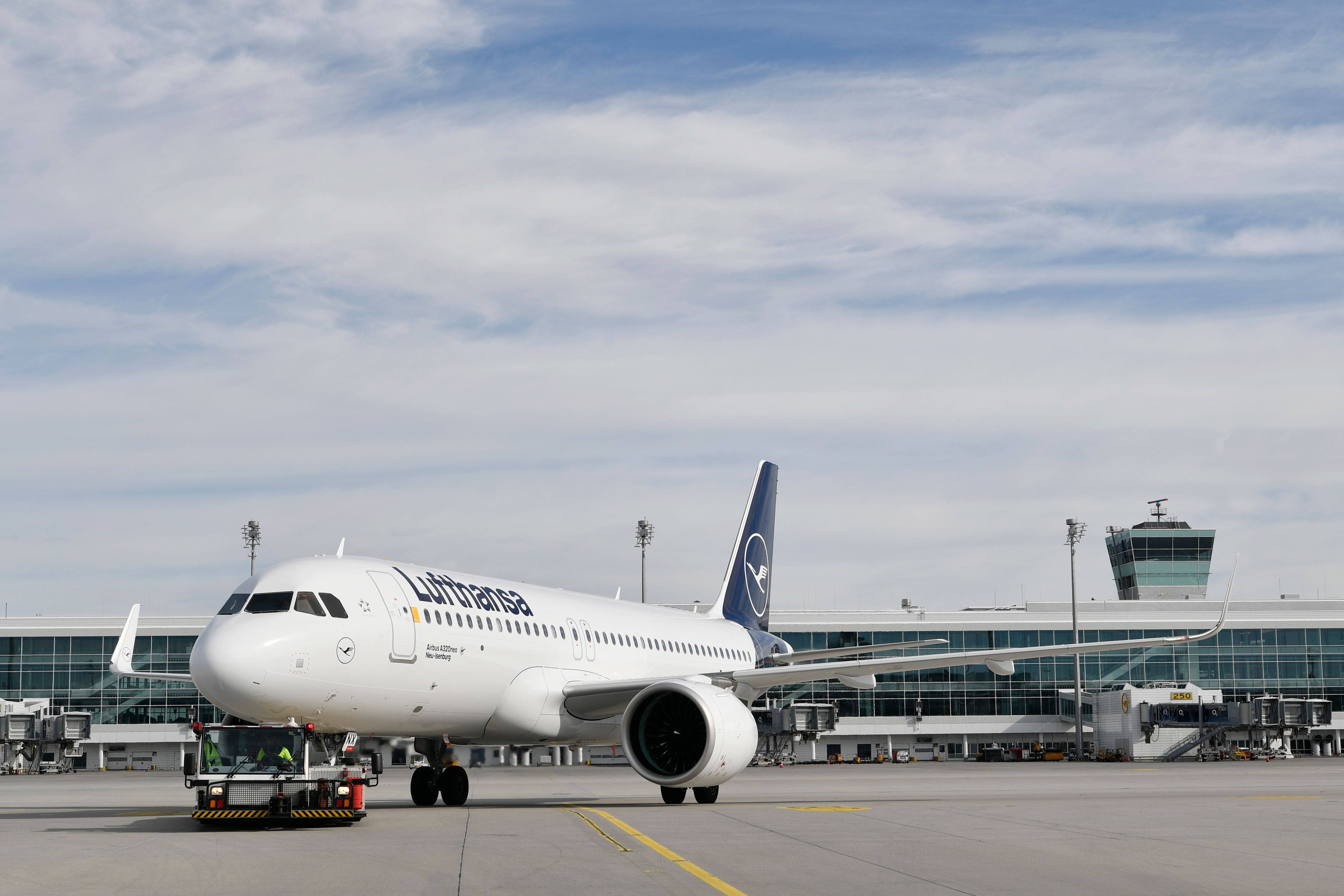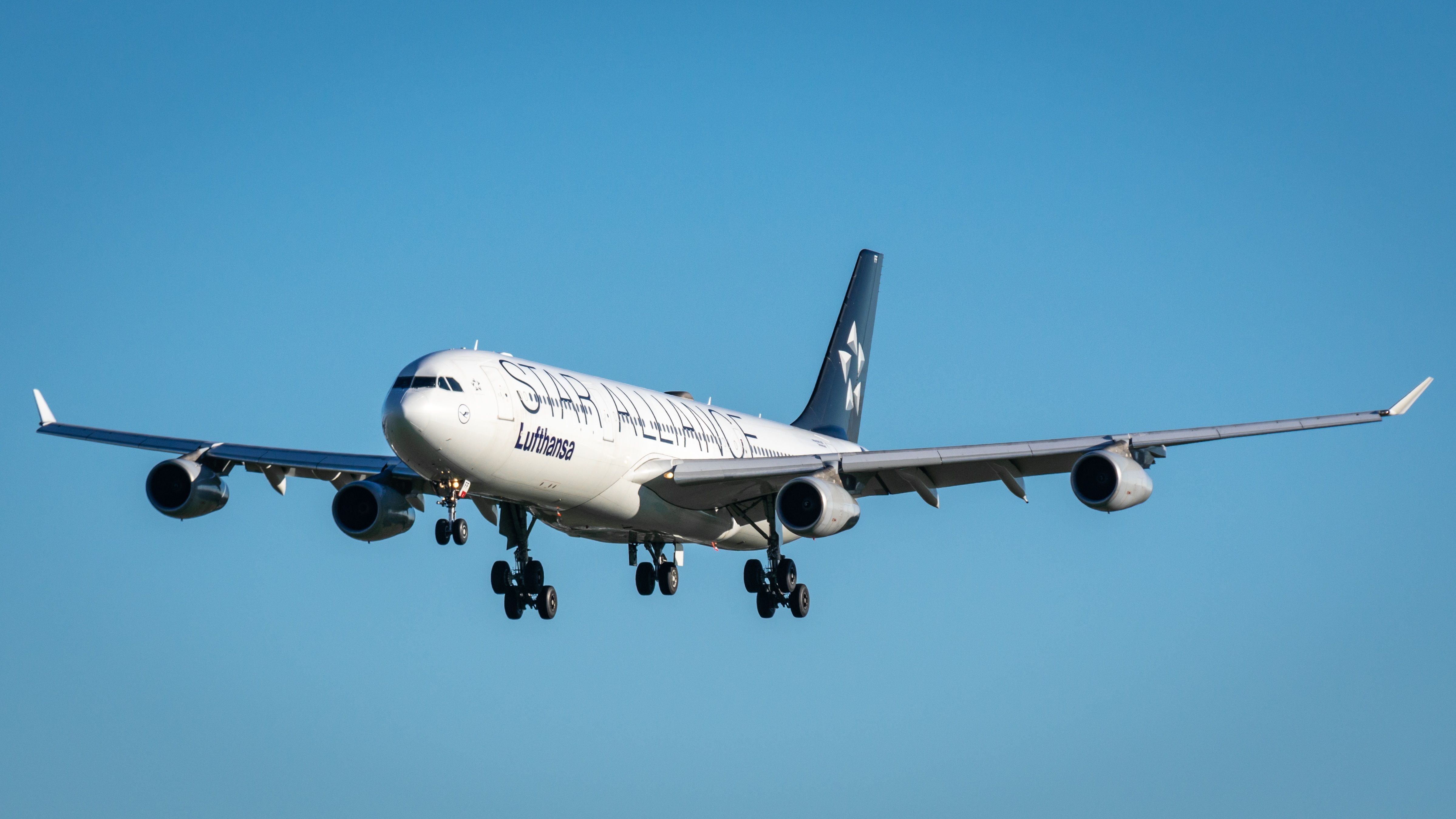The Lufthansa Group has become the first European airline group to join the First Movers Coalition (FMC), as it works to improve sustainability in the aviation industry. The group, headed by the German flag carrier, joins the likes of Delta Air Lines and United Airlines, as well as the industry's two dominant manufacturers, Boeing and Airbus, which are also members of FMC.
FMC was founded at in 2021 at the UN's COP26 Climate Change Conference, and is led by the World Economic Forum and the US Department of State. Its aim is to work with leading organizations to drive technological advances that will help industries around the world reach net-zero carbon emissions by 2050 - something it says is still possible if the right technologies are brought to a commercial scale within the next decade.
The Lufthansa Group is made up of Lufthansa, Eurowings, Eurowings Discover, SWISS, Edelweiss Air, Austrian Airlines, Brussels Airlines, and Lufthansa Cargo. Member of the Lufthansa Group's executive board, Christina Foerster, said,
"We are proud to be the first European airline group to join the First Movers Coalition. This underpins our commitment to drive the development, market introduction, and use of SAF. SAF is a central element of our CO² reduction roadmap by 2030, which was validated by the independent Science Based Targets initiative."
The importance of SAF
The Lufthansa Group has pledged to halve its carbon emissions by 2030 compared to the levels seen in 2019. The group also plans to have at least 5% of its total fuel requirement come from sustainable aviation fuel (SAF) by 2030. By comparison, Delta Air Lines is aiming for a figure of 10% in the same timeframe.
The use of SAF is critical in achieving carbon neutrality, as compared to conventional aviation fuel, it achieves 85% lower carbon emissions throughout its lifecycle. Membership of FMC comes with the commitment to source a proportion of materials and transportation requirements from suppliers that make use of near-zero or zero-carbon solutions, despite the elevated cost that usually accompanies such processes.
Several areas of focus
In order to reach its overall goal of becoming carbon-neutral by 2050, the Lufthansa Group is focusing on a number of key areas, including the use of SAF, the optimization of its flight and ground operations, and accelerated fleet modernization.
As part of its ongoing fleet renewal, Lufthansa is in the process of retiring its aging aircraft, such as the Airbus A340-300 and Boeing 747-400, and replacing them with modern, more fuel-efficient jets. Lufthansa currently has a total of 180 aircraft on order, made up of the following:
- 45 Airbus A320neos
- 23 Airbus A321neos
- 28 Airbus A350-900s
- 10 Airbus A350-1000s
- 20 Boeing 777-9s
- 35 Boeing 787-9s
Earlier this month, Lufthansa took a reputational hit when the credibility of its sustainability adverts was called into question by the UK's Advertising Standards Agency. The agency later banned the advert, as it felt that Lufthansa being portrayed as a green, eco-friendly business was misleading to consumers. The airline later contested the decision, saying that the purpose of the advert was to highlight the need for greater sustainability within aviation.
Find out more about sustainability in the aviation industry here.
What do you think of Lufthansa's sustainability ambitions? Do they go far enough? Share your thoughts by commenting below.
Source: World Economic Forum




